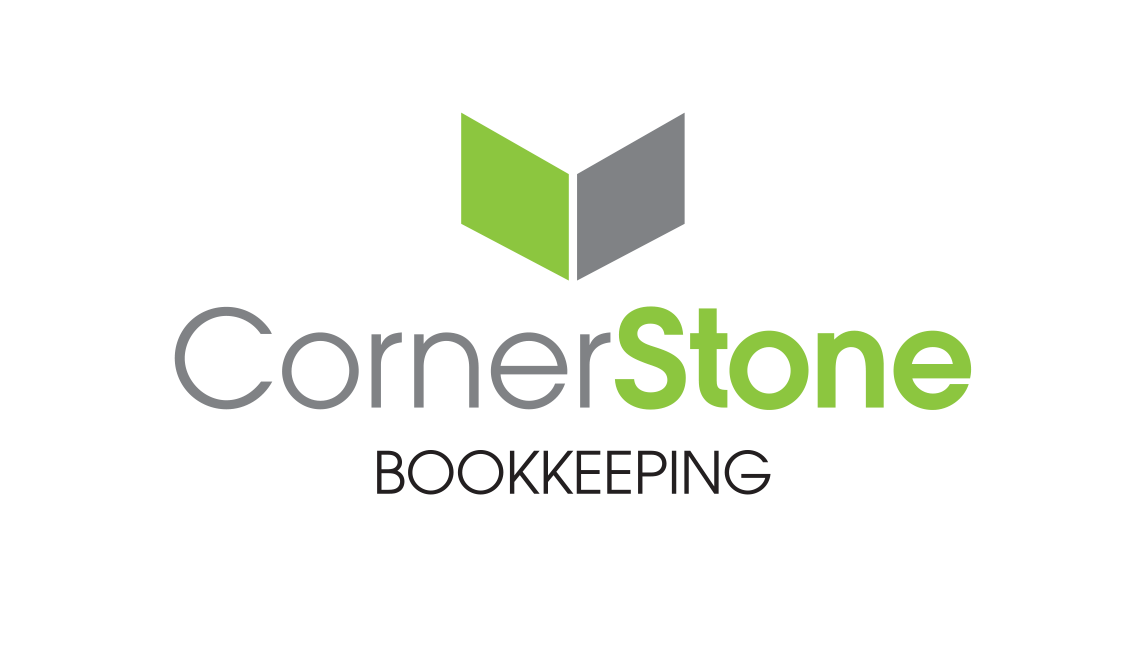2023 is here (believe it or not!). Hopefully, you’ve been taking some time out from your business to celebrate the festive season with family and friends.
And as the new year has rolled around, perhaps you’ve set a new year’s resolution or two?
What about business goals?
As the new year begins, it’s natural to pause and reflect on the year that has just been and think about what you want from the coming year. But, is now the right time to set performance goals for your business?
In New Zealand, the traditional financial year runs from 1st April to 31st March, so technically, there are still a few months left in that year right now. But, the end of the financial year (EOFY) will roll around soon enough. It’s the perfect time to look back on the revenue you generated in the last year, review your financial goals and set new benchmarks for the next 12 months.
So, what kind of business goals should you be setting now? Let’s explore the answer to that question.
What Sort Of Business Goals Should I Be Setting Now?
First, Review
While you might not want to set financial goals at this minute, you will probably want to examine whether or not you can introduce efficiencies or better practices into your business. And, all of that starts with looking back on what has recently taken place.
Never underestimate the importance of conducting a business review so you know where you are starting from. Take the time to look back on all aspects of your business to help you decide on an appropriate direction for the year ahead.
Financial reports like your P&L statements might help you to identify areas of success and ones that need work. But, it’s vital that you look beyond those reports and review other aspects. Such as the number of hours you worked each week, the type of clients or customers you enjoyed working with the most, where you achieved the best overall results, and how your staff contributed (if you have team members).
Knowing how all these things played out can help you to make informed decisions moving forward. Maybe you want to work different hours, build your team, outsource more tasks or improve efficiency in specific areas. You won’t be able to do any of that without first knowing where you stand currently, and your review process will establish that.
Next, Dream
Now that you know what happened in the last year, it’s time to look forward. Ask yourself what you want your business to look like this time next year? Setting new business goals should always include looking into the future.
You likely started your business with a dream, a plan, a vision of what you could achieve with your own company. Feel free to call on those dreams for inspiration for what you want to achieve in the coming year.
Think both short and long-term. Will you employ more people? Launch more products or services? Expand internationally? Dream big! Greater goals might seem a long way off, but eventually, you need to make a start on them if you want them to become reality.
It can be helpful to look at things with a one, three and five year focus. Some of those big juicy goals can become five year plans, but you will need to start taking steps towards them now to make them happen in future.
Get SMART With Goal Setting
This is where it gets individual – only you, with a little help from your team – and your supportive bookkeeper – can decide which goals to set for your business in the new financial year. Whatever goals you’ve got in mind, make sure they’re SMART:
● Specific. Your goal must be clear and well defined. Use goals to help show you the way you want to go!
● Measurable. Include precise amounts, deadlines, and so on in your goals so you can measure your degree of success.
● Attainable. If you set a goal that you have no hope of achieving, it’ll hurt your confidence. But don’t make them too easy, either! By setting realistic yet challenging goals, you hit the balance you need.
● Relevant. Goals should be relevant to the direction you want your business to take.
● Time Bound. Your goals must have a deadline (see also “measurable” above).
Keep Track Of Your Goals
There’s no better feeling than achieving a goal you’ve set your mind to. But you will need a system to track your efforts. Find a way to keep track of your goals that works for you.
Perhaps use a spreadsheet to keep track of metrics monthly, or quarterly? By tracking your goal(s), you can find out what is and isn’t working and make changes along the way to ensure you achieve success in the end. This tracking will also help your performance reviews and goal setting to be more effective when the EOFY rolls around once more.
At CornerStone, our goal is to provide a high-quality bookkeeping service so our clients can set their goals to achieve business success. Believe us when we say: your success is our success! Call me, Joanna on 021 578 450, or email accounts@cornerstonebookkeeping.co.nz. Together, we can reflect on your performance and work on goal setting for the coming year.

